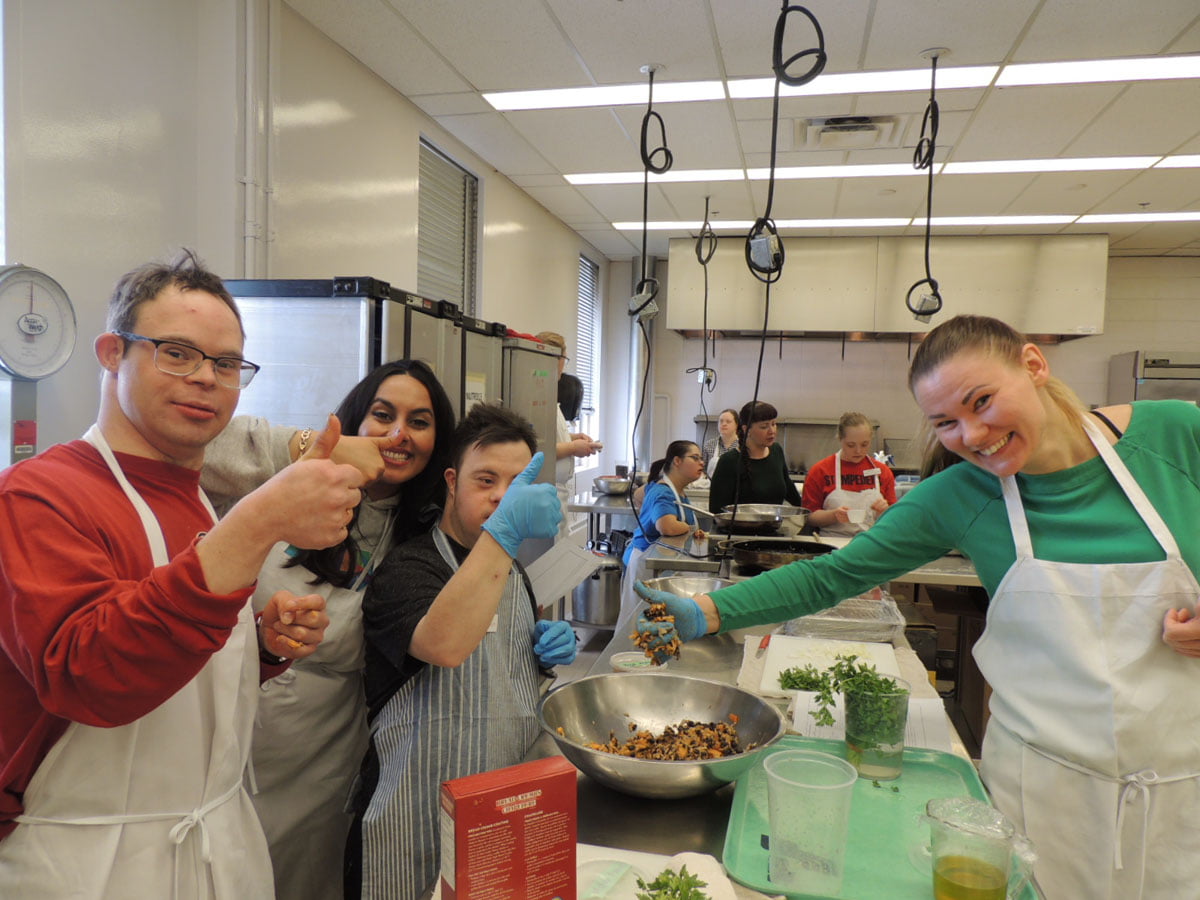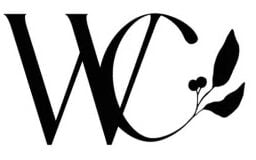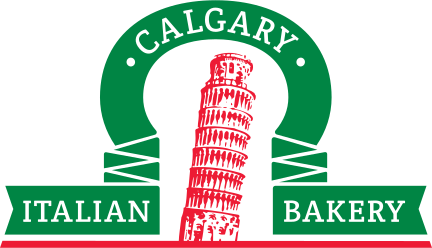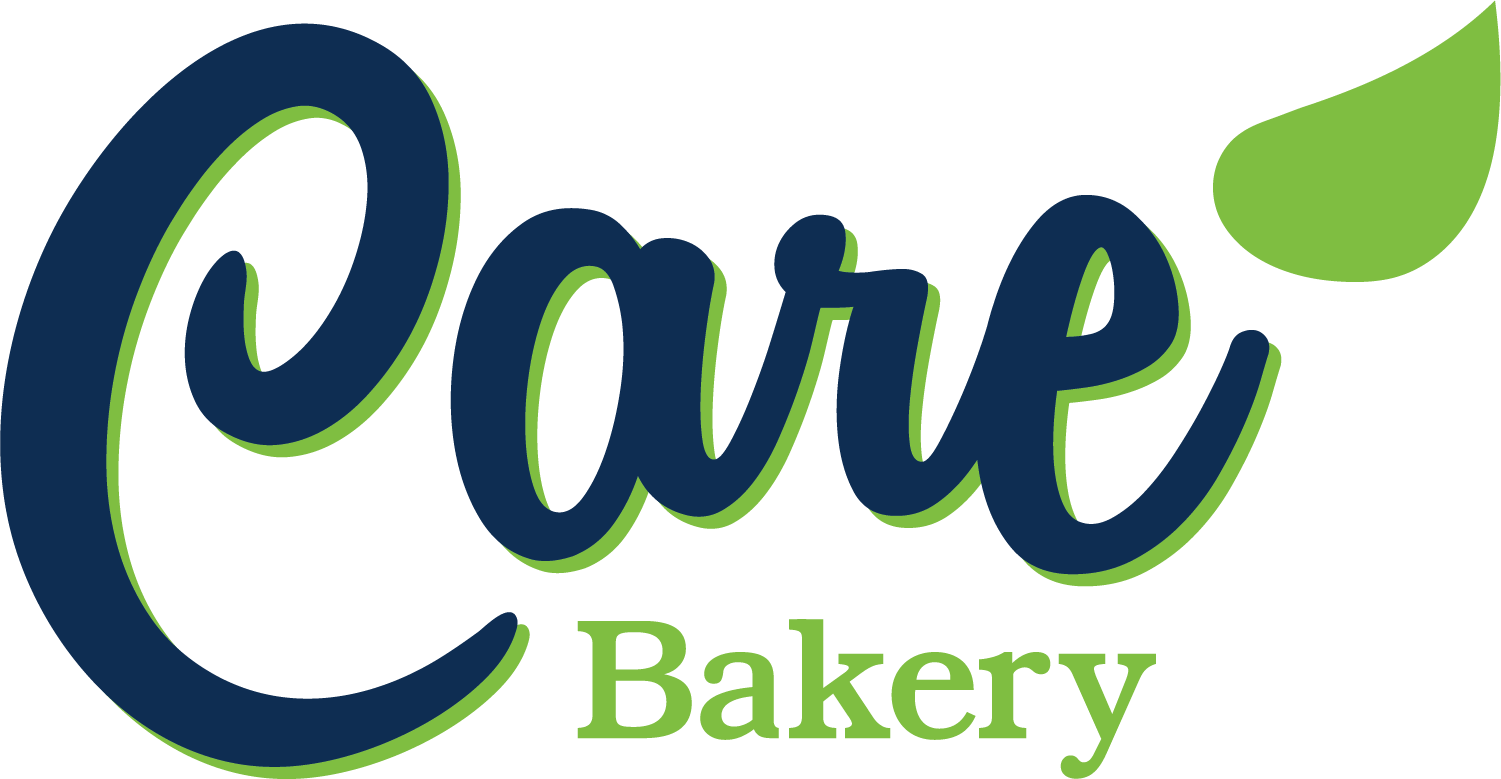Facts Looking for more information?
You might want to check out our New Parent Package. The pack provides information about Down syndrome, local resources, parent stories and much more. Simply call our office to arrange a visit with a New Parent Volunteer who will deliver the package to your home.
“Down syndrome is the most common chromosomal disorder, occurring in approximately one of every 800 births.“
Down syndrome occurs when an individual has extra genetic material associated with the 21st chromosome.
There are three types of Down syndrome: trisomy 21 (nondisjunction), translocation and mosaicism.
- Trisomy 21, the most common type of Down syndrome, occurs when there are three, rather than two, number 21 chromosomes present in every cell of the body. Instead of the usual 46 chromosomes, a person with Down syndrome has 47. It is this additional genetic material that alters the course of development and causes the characteristics associated with the syndrome. Trisomy 21 accounts for 95% of cases.
- Translocation accounts for 4% of all cases of Down syndrome. In translocation, part of chromosome 21 breaks off during cell division and attaches to another chromosome, typically chromosome 14. While the total number of chromosomes in the cells remain 46, the presence of an extra part of chromosome 21 causes the characteristics of Down syndrome.
- Mosaicism occurs when nondisjunction of chromosome 21 takes place in one – but not all – of the initial cell divisions after fertilization. When this occurs, there is a mixture of two types of cells, some containing the usual 46 chromosomes and others containing 47. Mosaicism accounts for about 1% of all cases of Down syndrome.
In Calgary and Southern Alberta, about 30 children with Down syndrome are born each year, but this can vary from year to year.
















